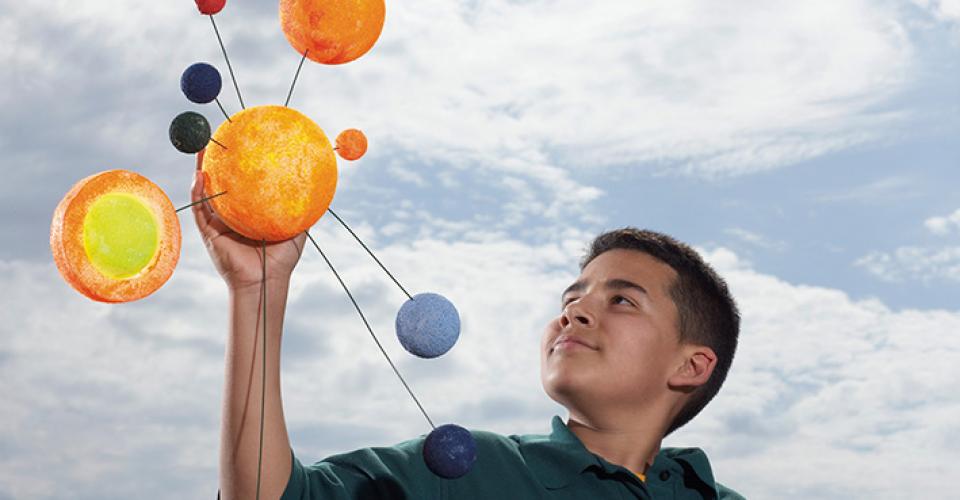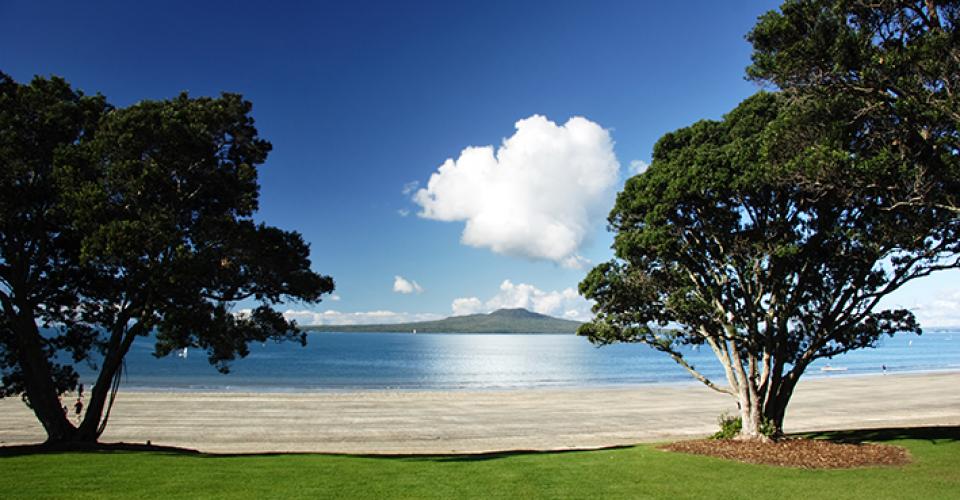Professional development in science
30/07/2015What opportunities for further learning do science teachers have?

Like all educators, science teachers need good and up-to-date professional learning opportunities. In a recent issue of the Education Gazette Focus (Issue #94.13), an article, Professional development in science sought to outline some of the opportunities on offer.
Obviously, this was not intended to be a definitive list, but rather a starting point. Dig further into the following organisations to find more opportunities.
The Royal Society of New Zealand
The Royal Society of New Zealand assists science education in a number of ways, including through public lectures and exhibitions, teacher expos, funding and competitions. Its newly-developed Science Teaching Leadership Programme supports the Government’s national strategic plan for science in society by providing opportunities for schools to enhance science learning within their own communities.
This particular programme offers opportunities for nominated year 1–10 teachers to be hosted by a scientific organisation while simultaneously honing their leadership skills. Upon returning to the classroom, these teachers are able to lead the improvement of science education at their school. The programme requires an agreement from the nominated teacher’s school to prioritise science learning and development for a year following the teacher’s return to school.
The Royal Society's CREST scheme is an awards programme designed to encourage year 0-13 students to be innovative, creative, and to problem solve in science, technology and environmental studies.
CREST projects can also help provide the evidence for NCEA assessment and be used as entries to regional science and technology fairs and other such competitions. For more information about CREST, click here.
Sir Paul Callaghan Science Academy
The Sir Paul Callaghan Science Academy runs intensive, four day professional development programmes for science educators. These courses offer a fresh approach to equipping primary and intermediate school teachers with skills, resources and techniques to build confidence in delivering the science curriculum — in particular, the Nature of Science strand. In 2014, the Academy secured a contract with the Ministry of Education to offer the four-day course for zero fees in 2015/16. The Academy is now seeking registrations from primary and intermediate teachers.
Find more information by visiting the Academy online.
New Zealand Association of Science Educators
The New Zealand Association of Science Educators (NZASE) is the subject association for science educators in New Zealand. Its aim is to promote and support science education throughout the country.
It links to specific subject associations and standing committees (science technicians, biology teachers etc.) and carries a plethora of resources and information on courses and conferences for teachers. Packed with professional learning and networking opportunities, NZASE’s conference is held every second year. Last year, SciCon took place in Dunedin in July.
New Zealand Science Teacher is the official publication of NZASE, in the form of an annual print journal that is distributed to all members, social media presence, and this website.
Science Learning Hub
The Science Learning Hub is an online initiative developed by educators, in collaboration with New Zealand scientists, to provide resources for teachers. It is funded by the Ministry of Business, Innovation and Employment and managed by the University of Waikato.
The site maintains a flow of information and resources, with specific activities and ideas for the classroom. For example, in a recent section on innovation there is ‘the marshmallow challenge’, in which teams of students must build the tallest freestanding structure that will support the weight of one marshmallow, the idea being to introduce key aspects of innovation such as idea generation, collaboration, creativity and teamwork.
The Science Learning Hub also uses a range of social media in order to connect students and teachers with working scientists and explore the latest scientific research and education trends.
Futureintech
Futureintech is a government-funded initiative that aims to bring technologists, engineers, and scientists into schools as ambassadors for their industries. These volunteers not only provide first-hand careers information to students, but also assist with the teaching of maths, science, and technology subjects. Futureintech provides a free service for teachers and students in both primary and secondary schools.
House of Science
Launched in Tauranga in 2013, the House of Science aims to inspire and enrich the educational experiences of teachers and students and offers professional development in science for both primary and secondary teachers, as well as science-based after-school and holiday programmes for students.
The House of Science was established by former secondary school science teacher Chris Duggan. After conducting a random survey of 100 students who attended the Tauranga Careers Expo in August 2014, Chris found that many had become disengaged with science before they even entered secondary school.
The resource facility provides science resource kits in a range of themes (think skeletons, X-rays, energy generators, microscopes, pulleys, force metres and so on) for schools to borrow for their class lessons.
Member schools receive eight professional development sessions for teachers every term, and are provided with links to local industry to help teachers enrich the curriculum with targeted field trips.
Teacher’s Refresher Course Committee (TRCC)
TRCC provides unique professional development for New Zealand education communities. Established in 1946, it was originally funded by a government grant that was intended to give educators a sense of responsibility for their own professional development.
TRCC is now a stand-alone organisation on contract to the Ministry of Education to provide refresher courses for teachers, and offers courses on a wide range of subjects, including science.
Teacher-led online professional development
Many science teachers are heading online to share with and learn from others in the profession. When we asked a group of primary and secondary teachers about their preferred destination for learning and development, the answer was overwhelmingly ‘virtual’.
In addition to traditional conferences and workshops, one teacher said they favoured “science and education blogs, YouTube channels and Twitter chats”. Another championed the effectiveness of Twitter in particular.
“It’s constant, fast, and there’s ongoing access and connection to the ideas and thinking of others,” she wrote.
New Zealand educator-led Twitter ‘chats’ take place regularly. #SciChat is held every second Tuesday evening during term time at 8.30pm.
Each ‘chat’ is focused on a different topic democratically chosen by participants. Previous topics have included the media’s role in science education and contexts from Te Ao Maori in science teaching. Find more information about #scichatNZ, including records of past discussions, here.

























Post your comment
Comments
No one has commented on this page yet.
RSS feed for comments on this page | RSS feed for all comments